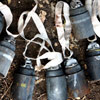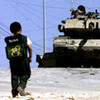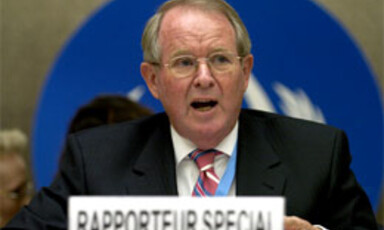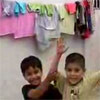
What a "safe" cluster bomb did
17 October 2007
TYRE, Lebanon, 15 October (IPS) - The explosion ripped through the tiny garden in rural south Lebanon, hurling Naemah Ghazi to the ground. The shrapnel from the bomb sliced through her legs, and she rapidly lost consciousness. “There was a lot of blood,” her mother Khadija recalls. “All her body was bleeding.” Naemah, 48, lived quietly with her mother in the border town Blida since her father passed away nearly 30 years ago. Read more about What a "safe" cluster bomb did








